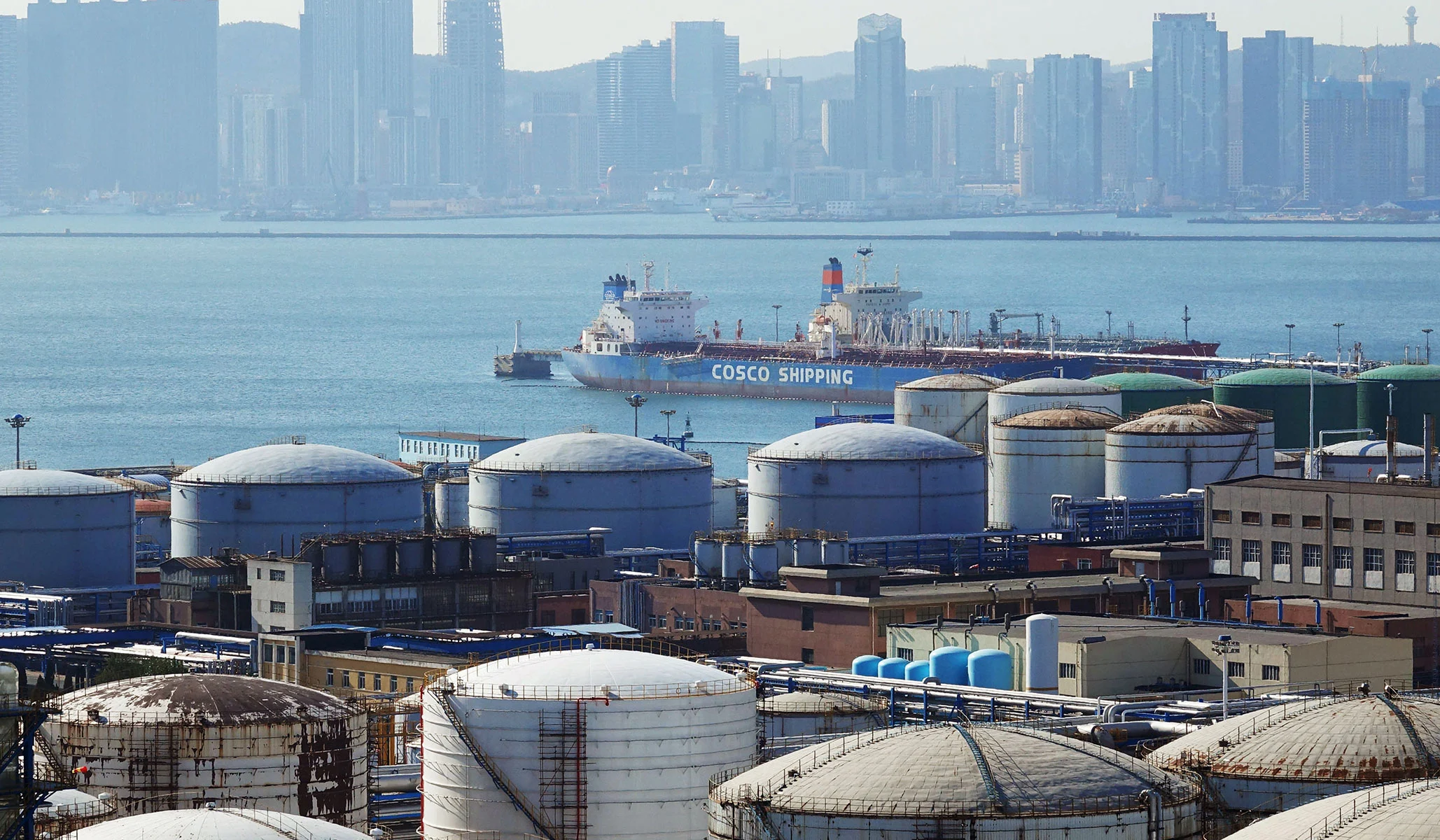China’s increasing military capabilities and efforts to reduce its energy vulnerability have raised concerns about a potential war over Taiwan. For decades, free-world leaders relied on China’s military weakness and dependence on Middle Eastern energy to deter aggression. However, both advantages are fading, and their fate is interconnected.
China’s military strategy calls for a “short, sharp” war, seeking victory before energy shortages cripple the country. To secure oil sufficient for months of war, the Chinese Communist Party has launched several major efforts, including increasing the size of China’s strategic petroleum reserves and securing overland oil-supply lines from Russia.
China’s government-controlled stockpiles are estimated to cover 100 to 120 days’ worth of peacetime imports, exceeding international authorities’ recommendations. Additionally, China has increased access to Russian crude oil, which can be piped or carried directly into the country.
China’s energy resilience strengthens as it builds strategic reserves, imports from Russia, and controls domestic demand. This energy buffer may no longer drive President Xi Jinping’s calculations, and he may perceive weapons inventories and the military balance as the more important factor in his decision-making.
The US has limited weapons inventories and a limited ability to replenish them. In the event of a Chinese invasion of Taiwan, America would run out of missiles and ammunition within weeks. Fear of escalation to nuclear war has handcuffed the American response in Ukraine and may do so in Taiwan.
As China’s energy resilience strengthens, so does the temptation to start a war. The first arrows, at least, may not pierce this Achilles’ heel. While there are many sound reasons for Xi to avoid a war over Taiwan, the military and energy pictures are shifting, and concerns about a potential conflict remain.

